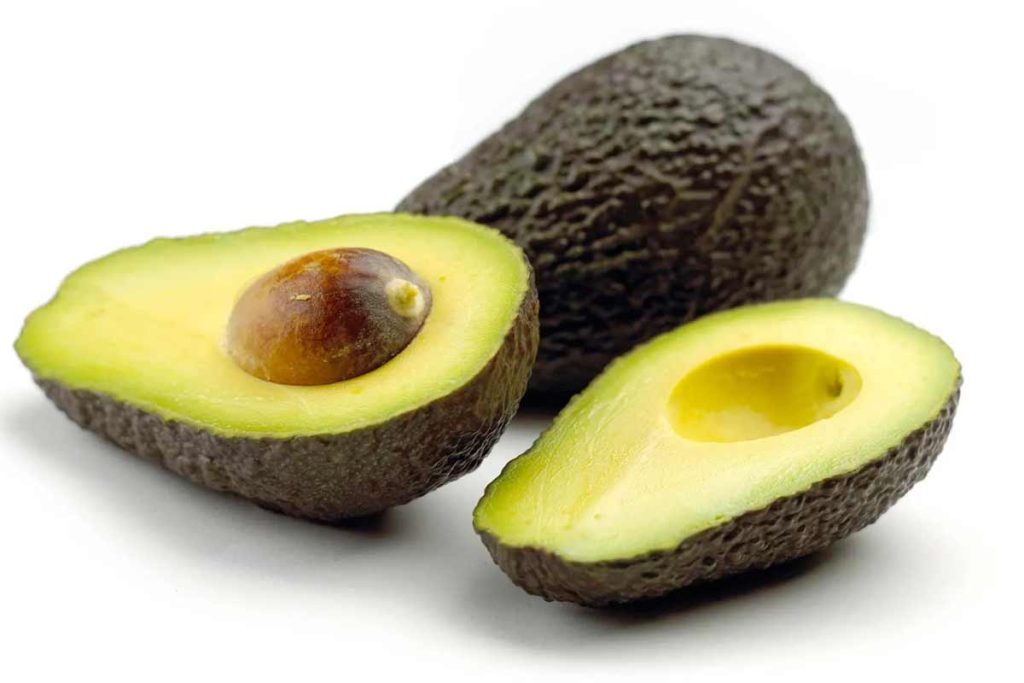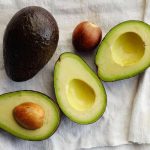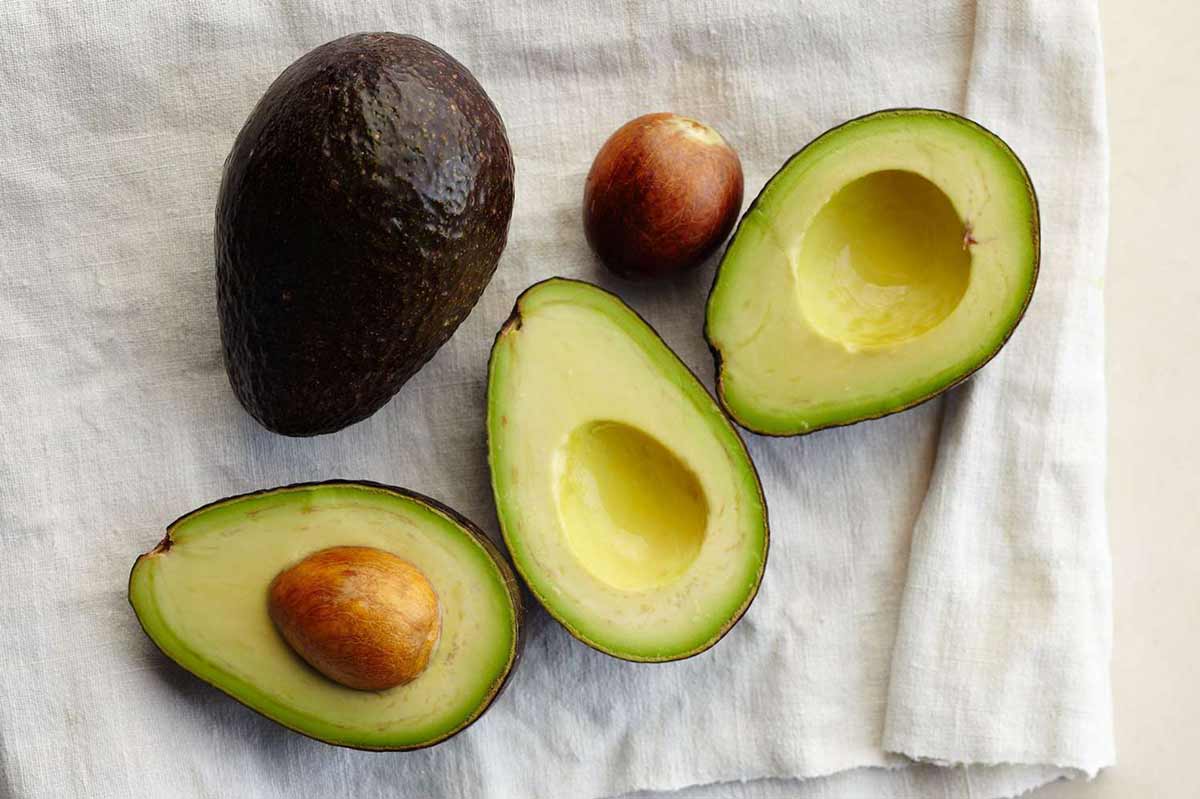Welcome to our comprehensive exploration of avocados, nature’s versatile superfood! In this article, we embark on a journey to uncover the truth behind a common query: “Are Avocado a Fruit?”
Delving beyond mere classification, we delve into the myriad benefits and rich nutritional profile that avocados offer. From dissecting their botanical identity to unraveling their exceptional health properties, we aim to provide you with a holistic understanding of this beloved green gem.
Join us as we navigate through the realms of avocado benefits and nutrition, shedding light on why this creamy fruit has earned its esteemed status in both the culinary world and the realm of wellness. So, grab your avocado toast and prepare to be amazed by the wonders of this remarkable fruit!
Table of Contents
Are Avocados Fruits?
Avocados, despite their savory taste and culinary usage, are indeed fruits botanically speaking. To comprehend this classification, it’s essential to understand the botanical definition of a fruit. In botanical terms, a fruit is the mature ovary of a flowering plant, typically containing seeds. Avocado fits this definition perfectly, as it develops from the ovary of the avocado tree’s flower and contains a large seed at its center.
However, the confusion often arises due to the culinary usage and flavor profile of avocados. Unlike traditional fruits that are sweet and often eaten raw, avocados are known for their creamy texture and savory taste, making them a common ingredient in salads, dips, and savory dishes. This disparity between botanical classification and culinary perception leads to misconceptions about whether avocados should be categorized as fruits or vegetables.
To clarify, the distinction between fruits and vegetables lies primarily in their botanical origins. Fruits develop from the flowering part of a plant and contain seeds, while vegetables encompass other plant parts, such as roots, stems, and leaves. Therefore, while avocados may be used as vegetables in culinary contexts, they are unequivocally classified as fruits based on their botanical characteristics.
In summary, avocados are fruits botanically classified due to their origin from the avocado tree’s flower and the presence of seeds. Despite common misconceptions stemming from their culinary usage, understanding the botanical definition of fruits helps clarify the distinction between avocados and vegetables. This clarification sheds light on the intrinsic avocado benefits and avocado nutrition, reinforcing their status as a valuable addition to a healthy diet.

Exploring Avocado Benefits
In this section, we delve into the myriad health benefits linked with avocados, highlighting their multifaceted advantages for overall well-being. Throughout the discussion, we strategically utilize the keyword “avocado benefits” to underscore the positive impact that avocados can have on health.
Avocados are renowned for their impressive array of nutrients, including healthy fats, vitamins, minerals, and antioxidants. These nutrient powerhouses contribute to various health benefits, making avocados a valuable addition to any diet.
avocado for heart health
One of the key benefits associated with avocados is their ability to support heart health. Rich in monounsaturated fats, avocados can help lower levels of bad cholesterol (LDL) while increasing good cholesterol (HDL), thereby reducing the risk of heart disease and stroke. Additionally, avocados contain potassium, a mineral known for its role in regulating blood pressure, further enhancing cardiovascular health.
avocado in weight management
Despite their relatively high calorie content, avocados can be beneficial for weight management. The combination of healthy fats, fiber, and low carbohydrate content in avocados helps promote satiety and reduce hunger cravings, making them an excellent addition to a balanced diet for those looking to manage their weight.
avocado skincare benefits
Avocados are not only beneficial when consumed but also when applied topically. The abundance of vitamins E and C in avocados makes them a natural choice for skincare products. These vitamins possess antioxidant properties that help protect the skin from oxidative damage caused by free radicals, promoting a youthful complexion and reducing the appearance of wrinkles and fine lines.

Analyzing Avocado Nutrition
In this section, we meticulously dissect the nutritional composition of avocados, emphasizing the keyword “avocado nutrition” in both subheadings and content to underscore the importance of understanding the rich array of nutrients found in this fruit.
Avocados boast an impressive nutritional profile, making them a valuable addition to any diet. They are particularly renowned for their abundance of healthy fats, primarily monounsaturated fats, which contribute to various health benefits, including heart health and satiety.
Healthy Fats: Avocados are one of the richest sources of monounsaturated fats among fruits, with approximately 77% of the calories coming from fat. These fats, particularly oleic acid, have been linked to reduced inflammation, improved cholesterol levels, and enhanced brain function.
Vitamins: Avocados are a veritable powerhouse of vitamins, containing significant amounts of vitamin K, vitamin C, vitamin E, and various B vitamins. Vitamin K is crucial for bone health and blood clotting, while vitamin C and vitamin E act as antioxidants, protecting cells from oxidative damage. The B vitamins found in avocados play essential roles in metabolism and energy production.
Minerals: Avocados are also rich in essential minerals, including potassium, magnesium, and copper. Potassium is particularly noteworthy, with avocados containing more potassium than bananas on a weight-by-weight basis. This mineral is vital for regulating blood pressure, muscle function, and nerve signaling.
Dietary Fiber: Avocados are an excellent source of dietary fiber, with approximately 7 grams per half fruit. Fiber plays a crucial role in digestive health, promoting regular bowel movements, reducing the risk of constipation, and supporting overall gut health.
Plant Compounds: In addition to vitamins, minerals, and healthy fats, avocados contain various plant compounds with antioxidant and anti-inflammatory properties. These compounds, such as lutein, zeaxanthin, and phytosterols, contribute to the fruit’s health-promoting effects.
By providing a detailed breakdown of avocado nutrition, we aim to highlight the exceptional nutritional value of this fruit and its potential to support overall health and well-being. Whether enjoyed on its own, incorporated into salads, or used as a creamy spread, avocados offer a delicious and nutritious way to enhance your diet.
how much protein in an avocado?
In this section, we delve into the protein content of avocados, emphasizing the keyword “Avocado Benefits” to highlight the significance of this nutrient in a balanced diet. We explore the protein content of avocados and compare it with other protein sources to showcase the versatility and nutritional value of including avocados in your diet.
While avocados are not typically recognized as a significant source of protein compared to animal products or legumes, they still contain a modest amount of this essential nutrient. A medium-sized avocado (approximately 200 grams) provides around 4 grams of protein, making it a valuable addition to meals, especially for those following a plant-based diet.
The protein content of avocados is complemented by their rich array of healthy fats, vitamins, minerals, and dietary fiber, making them a nutritious and satisfying food choice. While protein is essential for muscle repair and growth, the combination of protein and healthy fats in avocados helps promote satiety and provides sustained energy throughout the day.
Furthermore, avocados offer a unique advantage in terms of protein quality and bioavailability. Unlike many plant-based protein sources, which may lack certain essential amino acids, avocados contain all nine essential amino acids in varying amounts, making them a complete protein source. This completeness contributes to their ability to support muscle health and overall well-being.
In comparing avocados with other protein sources, such as meat, poultry, fish, legumes, and nuts, it becomes evident that avocados offer a versatile and nutrient-dense option for individuals seeking to increase their protein intake. While they may not provide as much protein as some animal products or legumes, avocados offer a host of additional benefits, including heart-healthy fats, vitamins, and minerals.
In summary, while avocados may not be the primary source of protein for most individuals, they still contribute to overall protein intake and offer a range of additional health benefits. By incorporating avocados into a balanced diet, individuals can enjoy the nutritional advantages of this versatile fruit while supporting their protein needs and overall health.
must read: 10 dinners to lose weight

avocado for breakfast
In this section, we embark on an exploration of breakfast recipes featuring avocados, highlighting their nutritional value and culinary versatility. Avocado for breakfast isn’t just a trendy choice; it’s a delicious and nutritious way to start your day right.
Avocado benefits shine brightly in the morning, offering a satisfying blend of healthy fats, vitamins, and minerals. From supporting heart health to aiding in weight management, avocados pack a powerful punch of nutrition to fuel your morning routine.
Let’s delve into some mouthwatering recipes that showcase the avocado’s versatility in breakfast dishes. Whether you prefer savory or sweet, there’s an avocado breakfast recipe to suit every palate.
- Avocado Toast with Poached Eggs:
Start your day with a classic favorite – avocado toast topped with perfectly poached eggs. This recipe combines the creamy texture of ripe avocados with the richness of a perfectly cooked egg, creating a balanced and satisfying breakfast option. Sprinkle with a pinch of salt and pepper for added flavor, and you have a nutritious meal that’s ready in minutes. - Avocado Breakfast Burrito:
For a heartier breakfast option, try a savory avocado breakfast burrito. Fill a whole wheat tortilla with scrambled eggs, diced avocado, black beans, and your favorite salsa. Roll it up, and you have a portable breakfast packed with protein, fiber, and the nutritional benefits of avocado. It’s a delicious way to start your day on the right foot. - Avocado Smoothie Bowl:
If you prefer a lighter breakfast option, consider starting your day with an avocado smoothie bowl. Blend ripe avocado with your choice of fruits, such as berries, bananas, or mangoes, along with a splash of almond milk and a handful of spinach for added nutrition. Pour the smoothie into a bowl and top it with granola, sliced almonds, and a drizzle of honey for a satisfying and nutritious breakfast treat. - Avocado and Spinach Omelet:
Whip up a fluffy omelet filled with creamy avocado slices and nutrient-packed spinach. Sautee spinach until wilted, then pour beaten eggs over the top. Once the eggs begin to set, add sliced avocado and fold the omelet in half. Cook until the eggs are fully cooked through, then slide onto a plate and serve with a side of whole grain toast for a complete and delicious breakfast. - Avocado Pancakes:
For a sweet twist on a breakfast classic, try making avocado pancakes. Mash ripe avocado into your pancake batter for added moisture and a boost of nutrition. Cook the pancakes until golden brown, then serve with a dollop of Greek yogurt and fresh berries for a wholesome and satisfying morning meal.
Incorporating avocados into your breakfast routine is a delicious and nutritious way to start your day off right. Whether you prefer savory or sweet, there’s an avocado breakfast recipe to suit every taste bud. So, embrace the avocado’s culinary versatility and reap the many benefits of starting your day with this nutrient-packed fruit.










